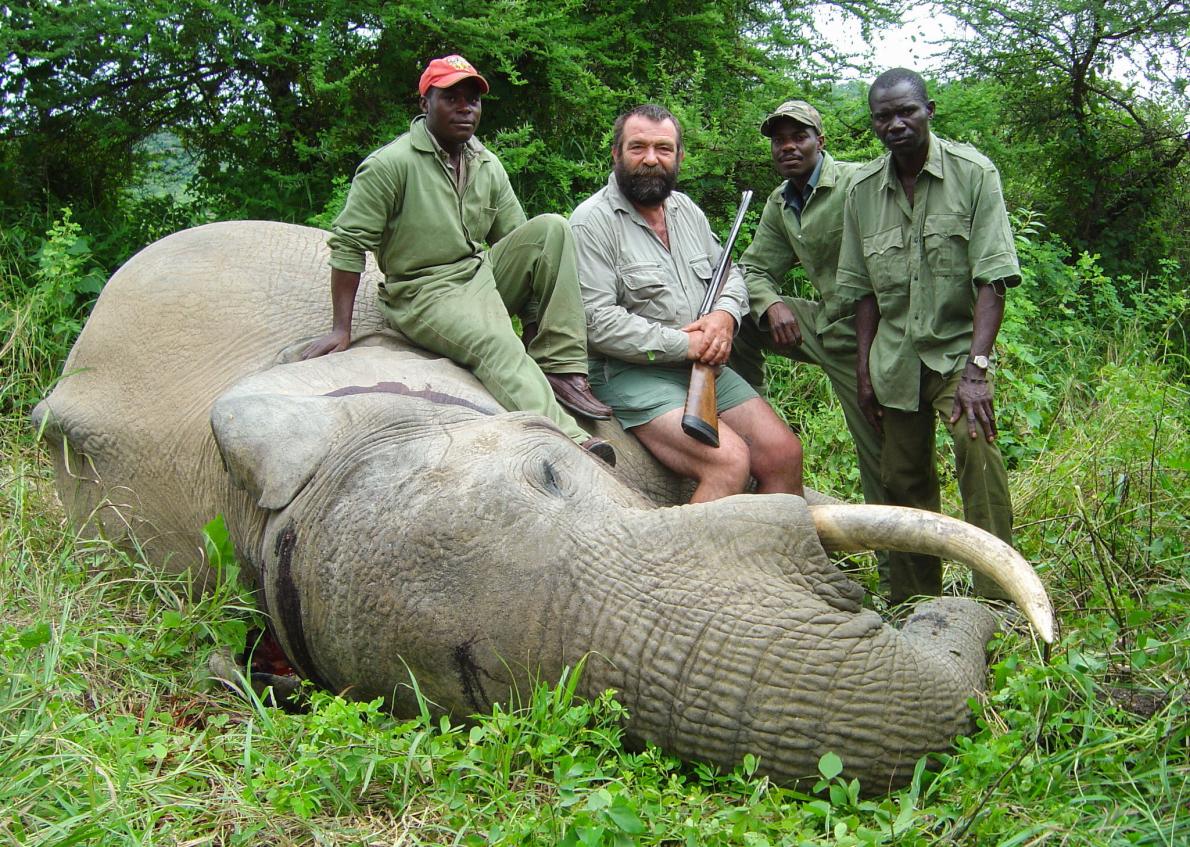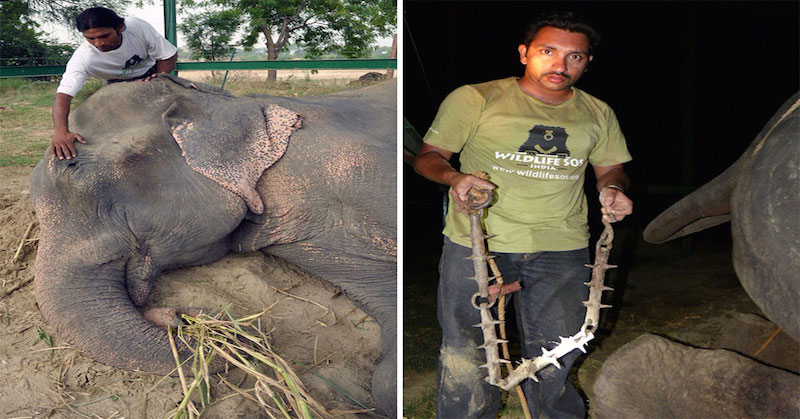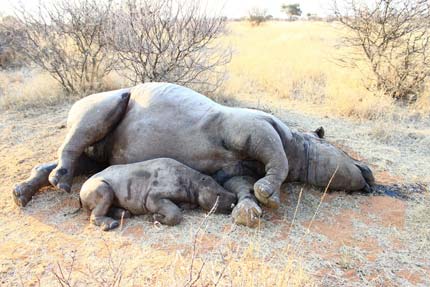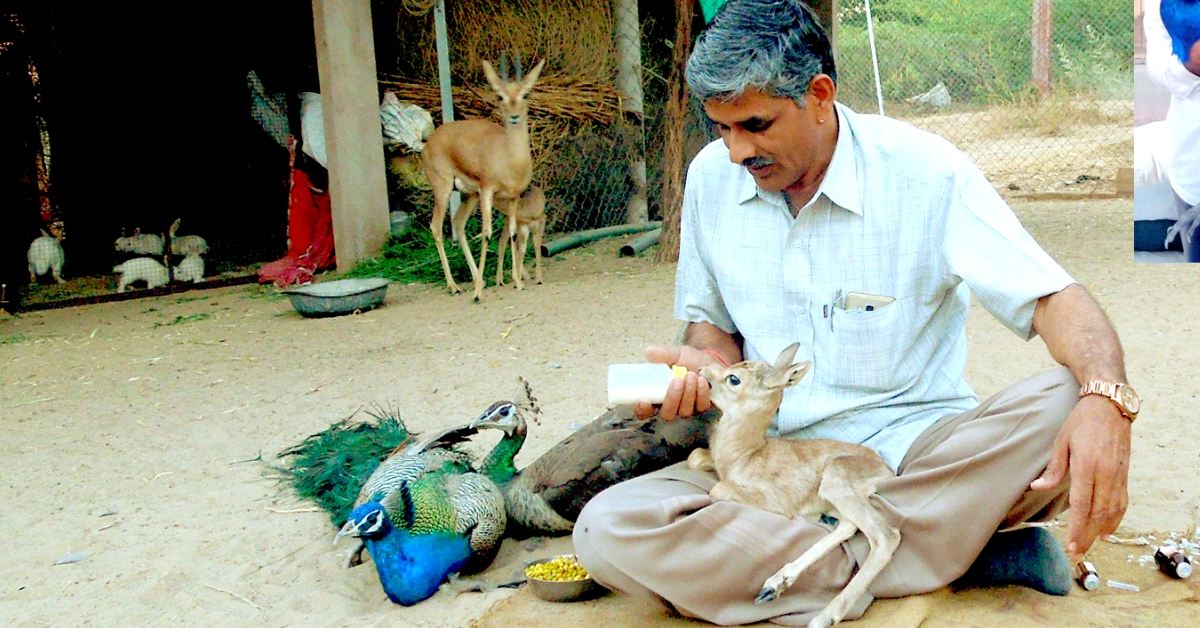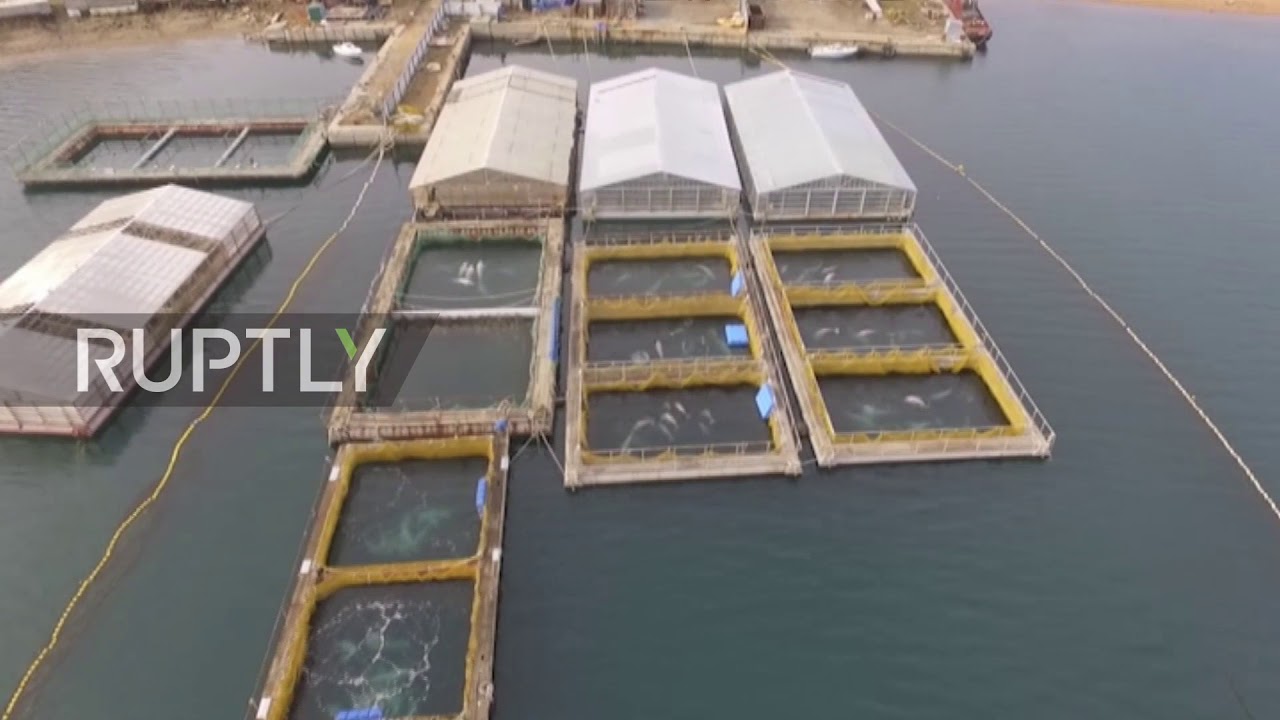After more than three years, Tanzania has lifted the ban on trophy hunting, allowing Tanzanian citizens and holders of foreign residence a chance to hunt and kill wildlife for meat and wall decoration. Proof of the kill has to be presented afterwards in the form of skin, hooves and other non-edible animal parts.
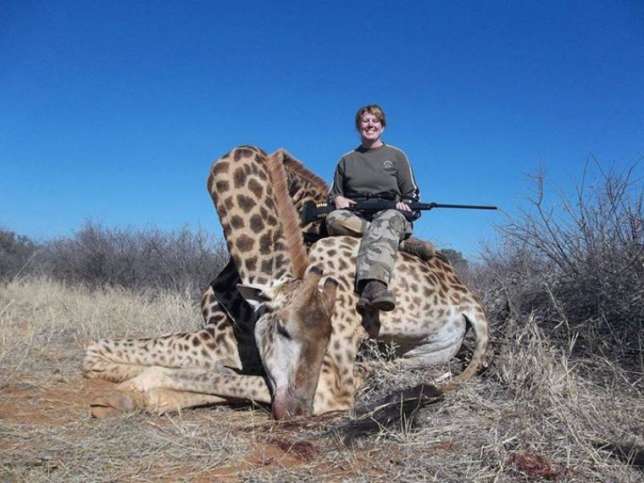
Tanzania has lifted its 3 year ban on trophy hunting making it legal to kill wildlife again (ThisisAfrica)
- Resident hunting permits are issued to citizens and foreigners living in Tanzania, including diplomats, business executives and other groups of non-citizens working in the country.
- The government has defended the move saying it will go a long way in supporting conservation of wildlife through sustainable hunting.
- Proof of the kill has to be presented afterwards in the form of skin, hooves and other non-edible animal parts.
3 Year ban on trophy hunting lifted
In a statement released last week, Tanzania Wildlife Management Authority (Tawa) director general James Wakibara said resident hunting will be carried out in five hunting blocks located in five regions as an experiment that will build new conservation strategy through sustainable use of wildlife resources.
The hunting blocks identified are rich in wildlife and permits will be issued in the five regions.
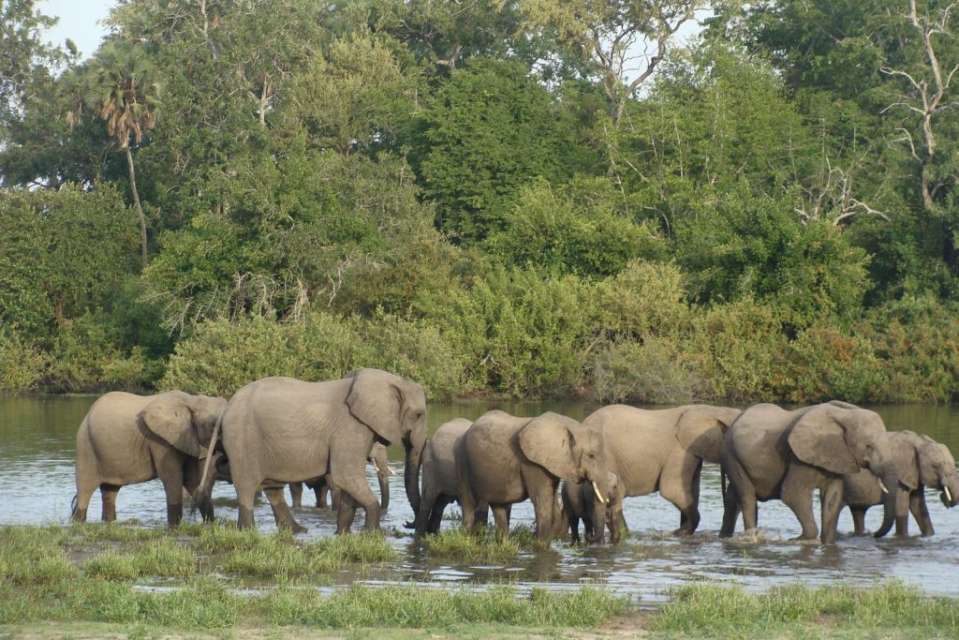
African Elephants having a drink at Selous Game Reserve in Tanzania (Selous Game Reserve in Tanzania)
These are Manyara in northern Tanzania, Lindi (Southern), Coast (Coastal zone), Singida (Central) and Tabora-Katavi (Western). Selous Game Reserve is the biggest hunting area, covering 55,000sq km in southern Tanzania.
Citizens hunting for game meat have to be licensed by the relevant authority and proof of the kill has to be presented afterwards in the form of skin, hooves and other non-edible animal parts, according to Mr Wakibara.
Resident hunting permits are issued to citizens and foreigners living in Tanzania, including diplomats, business executives and other groups of non-citizens working in the country.
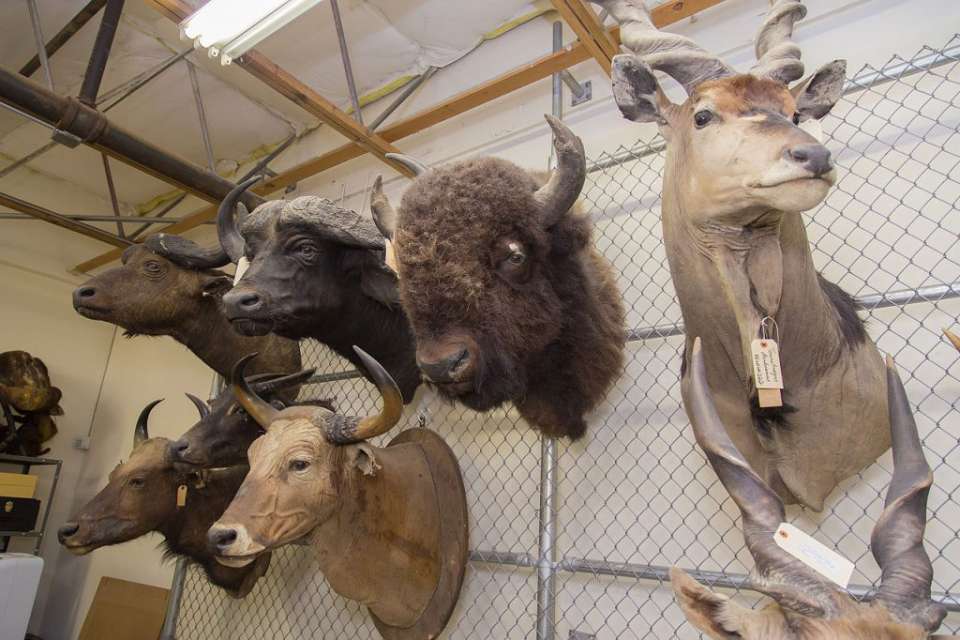
Game trophies hanged on a wall. (animalsave)
The government has defended the move to lift the ban on trophy hunting
The government has defended the move saying it will go a long way in supporting conservation of wildlife through sustainable hunting, which will be closely supervised by the government.
Big game hunting is a thriving business in Tanzania where hunting companies attract wealthy tourists, mostly American professional hunters, to carry out expensive safari expeditions for big-game hunting in Game Reserves. Block hunting licence fee is $60,000 per year, issued per each block allocated to a hunting safari company.
Each hunter normally spends over $14,000 to $20,000 for 10 to 21 days in hunting expeditions.
Trophy fees for hunting an elephant and a lion are the most expensive with hunters required to pay $15,000 to kill an elephant and $12,000 to kill a lion under strict regulations by wildlife authorities.
Stray elephants and lions including the old and unproductive ones are the only group of animals which hunters are allocated to hunt for trophies.
Other wild animals under hunting permits are hippos, crocodiles and other species not listed in a group of endangered species, mostly the grazers and browsers, which resident permits allow the hunters to kill for meat.
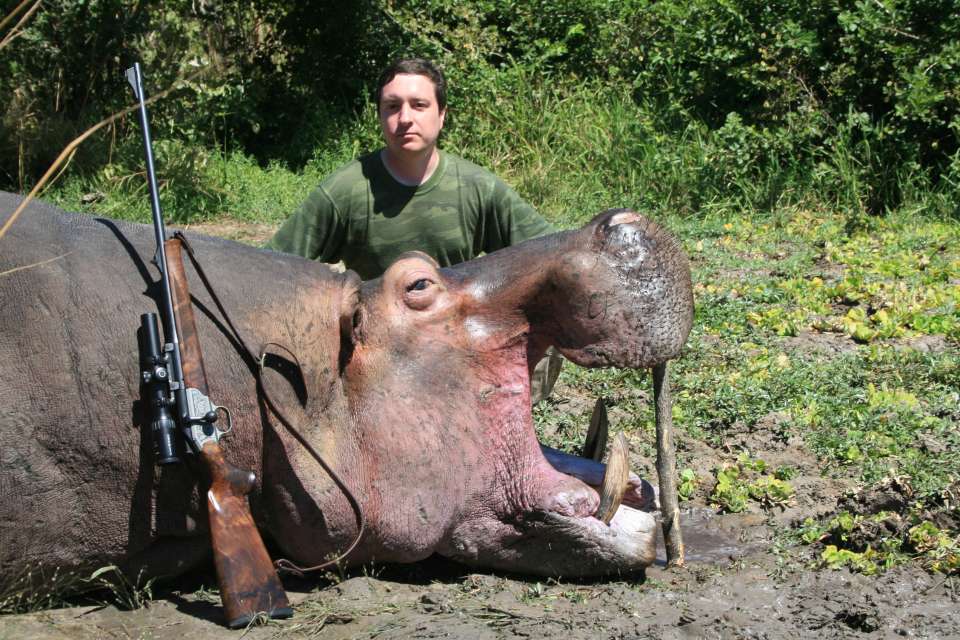
A trophy hunter With hippopotamus prize (Wikipedia)
The hunting ban was imposed in October 2015 following abuse and misuse of hunting permits. The ban on resident hunting was aimed at controlling wanton killing of wildlife and poaching by holders of resident hunting permits.
The government had earlier established 19 Wildlife Management Areas (WMAs) under the management of local communities for hunting and other tourist safari activities.
Source: Pulse.com
Also read:
- China postpones lifting of ban on trade of tiger and rhino parts
- Trump Picks Former Monsanto Executive to Head U.S. Fish and Wildlife Service
- Tiger run over by a tractor and beaten to death
- This is the ‘last generation’ that can save nature, WWF says
- Half of plant and animal species at risk from climate change in world’s most important natural places
